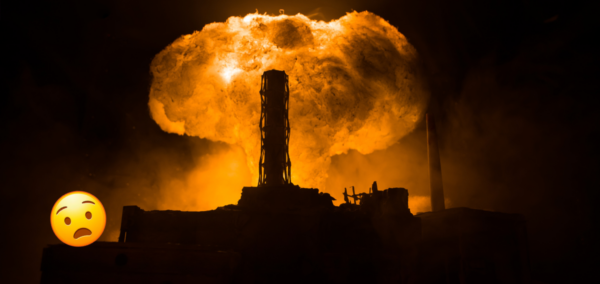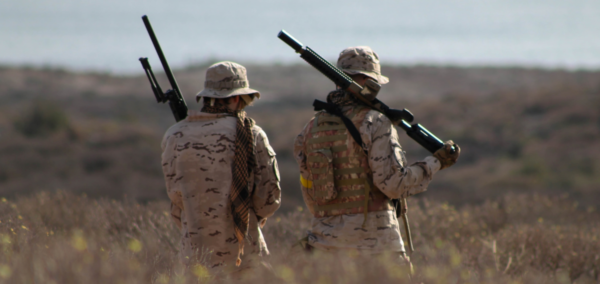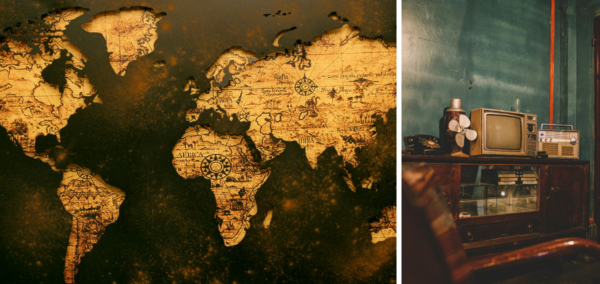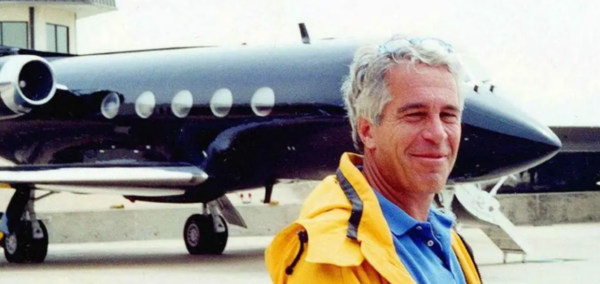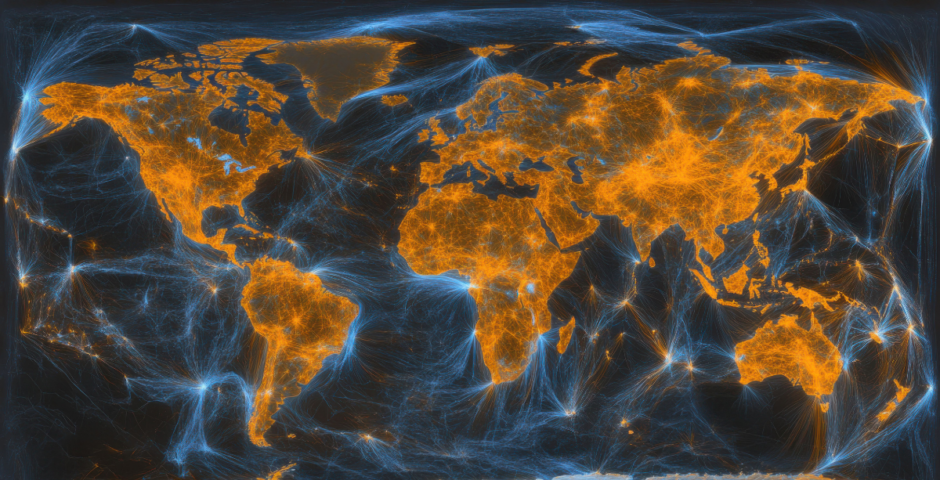
Scarily close: These are the five most dangerous places on earth right now that could start WW3
Can I please move to Mars?
With everything going on around the world, people are worried about the places where WW3 could start, and now an expert has revealed five places that could trigger it.
Harry Kazianis, an expert on global politics, wrote on The National Security Journal that there are a few key areas that could become dangerous very quickly. Knowing about them helps us understand how close the world might be to a major war.
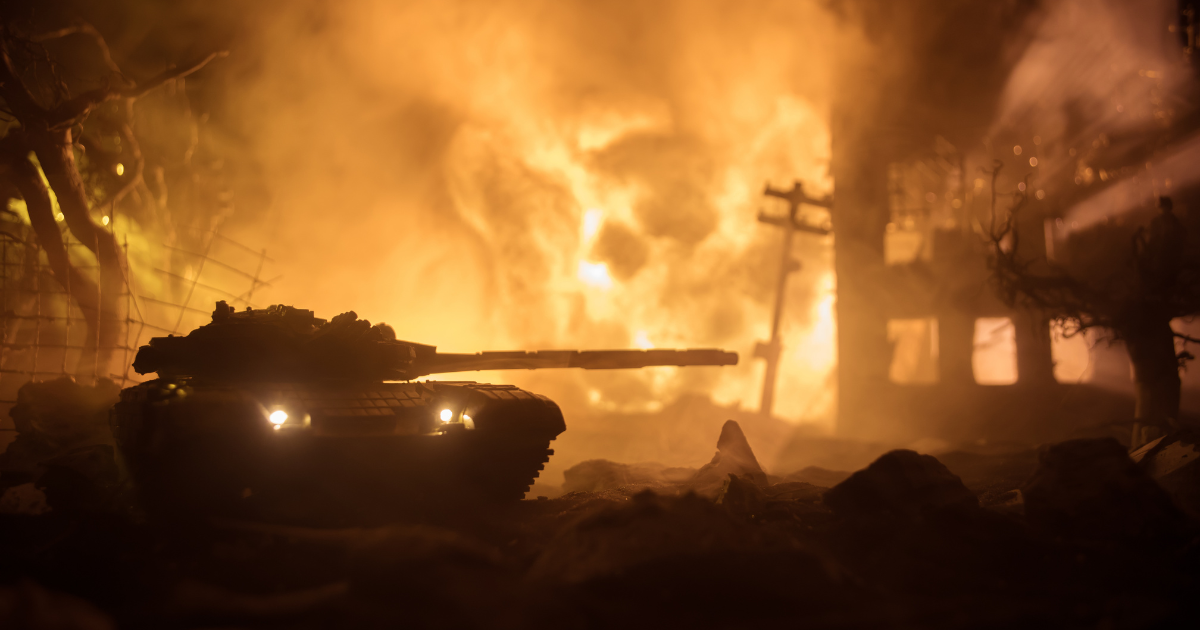
via Canva
So, here are five places that could trigger WW3 right now.
1. Taiwan Strait (Taiwan and China)
The Taiwan Strait is very risky. China wants Taiwan to be part of its territory, while Taiwan has been strengthening its defences. The U.S. has also been supporting Taiwan. Kazianis said, “Even a ‘limited’ attempt to throttle Taiwan’s commerce would force U.S. and allied ships and aircraft to challenge a fait accompli.”
A fight here would not stay local. Chinese missiles, submarines, and maritime forces could meet U.S. and allied forces across the First Island Chain. Mistakes like misidentifying a missile, a fighter collision, or an aggressive submarine move could start a larger conflict.
2. Eastern Europe (Ukraine, Baltic States, and Russia)
Eastern Europe is tense, especially near Ukraine and the Baltic countries. The war in Ukraine is close to NATO borders, and mistakes could escalate fast. Kazianis said, “Once alliance credibility is publicly wagered, it’s hard to cash out without escalation.”
The region has short distances between countries and strong borders. Places like Kaliningrad and the Suwałki Gap are sensitive. A downed plane or sunken ship could force retaliation and widen the conflict quickly.
3. Middle East (Israel and Iran)
Israel and Iran have exchanged missiles and drones in recent years. Both countries think they can manage limited strikes without full retaliation, which makes accidents more likely. Kazianis said, “The commute from limited strikes to theatre war is short.”
A bigger conflict could involve Hezbollah firing rockets, Israel striking airbases or nuclear sites, and Iran using allies to disrupt shipping. Problems in the Red Sea or Gulf of Oman could affect global oil prices and world politics.
4. Korean Peninsula (North Korea and South Korea)
The Korean Peninsula is very tense. North Korea has missiles of all ranges and a leadership focused on staying in power. South Korea has modern weapons and missile defences. The U.S. and Japan work closely with South Korea.
Kazianis said, “A one-night artillery barrage answered by precision strikes on launchers and command nodes is stabilising only if both sides agree to stop, a generous assumption when domestic audiences are watching.” Even small mistakes could escalate quickly, especially with nuclear weapons involved.
5. The Himalayas (India and China)
The Himalayas are a high-risk area. India and China are nuclear powers, and their border is disputed. Troops are at high altitudes with little space, and both countries have improved roads and airfields, meaning reinforcements can arrive quickly.
Kazianis said, “A crisis here would start with a patrol clash and turn into rocket and artillery duels, then spiral as air defences and fighters join.” Even a small clash could draw in other countries and grow into a larger war.
Why are these areas riskier now?
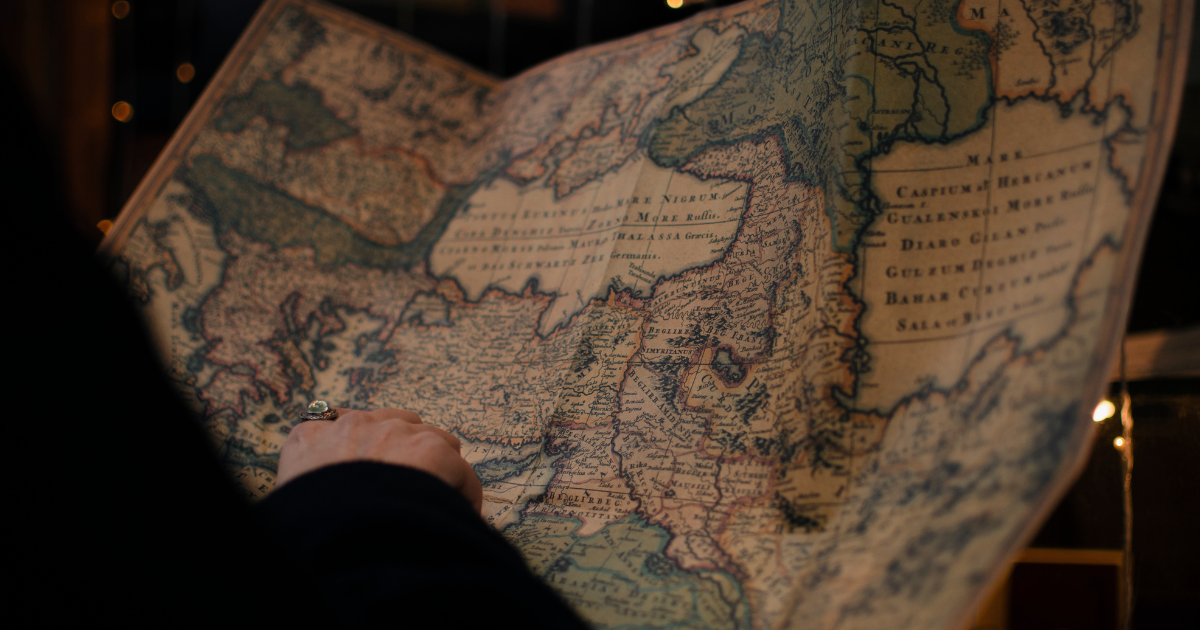
via Canva
Modern technology makes conflicts more dangerous. Drones, fast missiles, and constant monitoring mean decisions have to be made quickly. Grey-zone tactics, like using militias or cyberattacks, also increase risks. Deterrence between countries is weaker, and leaders sometimes think they can control escalation.
Kazianis said that communication, strong defences, and clear red lines are important. “Crisis channels that work under stress…sound boring, until they save a week,” he said. Being prepared, keeping communication open, and clearly stating what triggers a response can prevent a small problem from becoming a world war.
Knowing these areas are risky does not mean war will happen. But careful management is needed to prevent a local fight from turning into a global conflict.
For more like this, like The Tab on Facebook.






